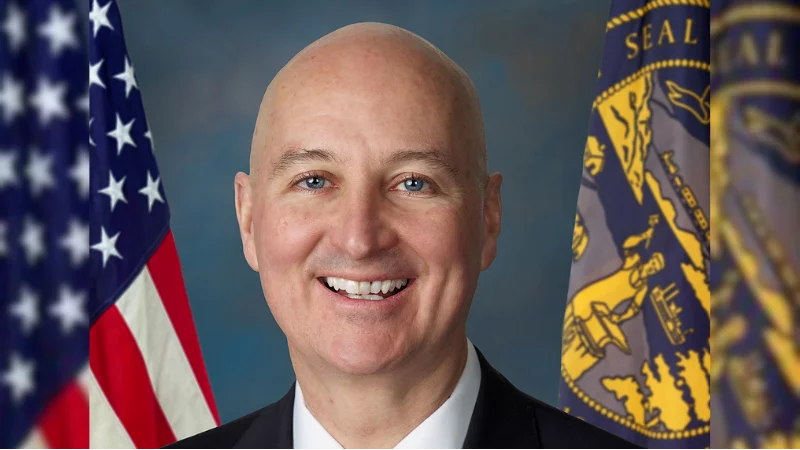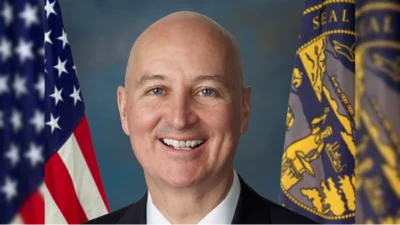Senator Pete Ricketts, US Senator for Nebraska | Sen. Pete Ricketts Official U.S. Senate headshot
Senator Pete Ricketts, US Senator for Nebraska | Sen. Pete Ricketts Official U.S. Senate headshot
U.S. Senators Pete Ricketts (R-NE) and Chris Coons (D-DE), who lead the Senate Foreign Relations Subcommittee on East Asia, the Pacific, and International Cybersecurity Policy, have introduced new legislation called the Taiwan Energy Security and Anti-Embargo Act of 2025. The bill seeks to increase U.S. liquified natural gas (LNG) exports to Taiwan, support improvements in Taiwan’s energy infrastructure, promote the use of nuclear energy in Taiwan, and ensure stable energy shipments to the island during emergencies.
Taiwan currently imports almost all its energy needs, which exposes it to potential disruptions from China. According to the senators, this dependence is a strategic vulnerability.
“Energy security is a glaring vulnerability for our Taiwanese partners. Unleashing America’s energy resources and expertise to strengthen Taiwan’s resilience serves both the U.S. and Taiwan’s national security interests,” said Senator Ricketts. “Beijing would like nothing more than to force unification without war. We should do everything in our power to complicate Xi Jinping’s plans to coerce Taiwan into capitulation.”
“When Senator Ricketts and I traveled to Taiwan earlier this year, we saw first-hand the growing aggression from China,” said Senator Coons. “We know that China will use every tool at its disposal to threaten Taiwan – not just militarily, but through ‘grey zone’ tactics like interfering with Taiwan’s fuel imports. This bipartisan bill will help stabilize the region by allowing Taiwan to buy more U.S. fuel and encouraging it to work with the U.S. on next-generation nuclear energy that will make the island less reliant on imports.”
Earlier this year, Senator Ricketts organized a tabletop exercise focused on a hypothetical Chinese campaign aimed at disrupting Taiwan's energy supplies. The event was led by the Foundation for Defense of Democracies (FDD) and involved several senators including Senator Coons. The exercise highlighted risks such as limited supplier diversification for Taiwan—98% of its energy is imported—and insufficient storage capacity for stockpiling fuel in a crisis.
The United States remains one of the world’s top LNG exporters and has advanced capabilities in grid security, nuclear technology, and building resilient energy infrastructure. This positions it as a key partner in helping bolster Taiwan's ability to withstand external pressure on its energy systems.
Full text of the proposed legislation can be found online via official congressional sources or coverage such as Bloomberg Government.


 Alerts Sign-up
Alerts Sign-up